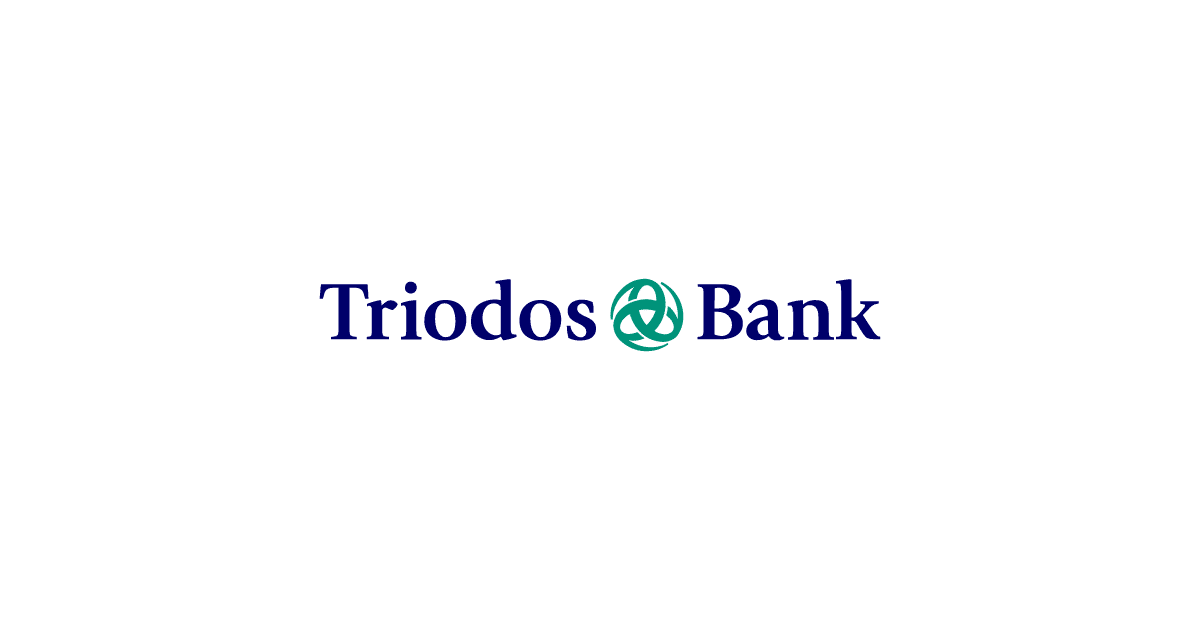B Corp-certified bank Triodos has launched a new vision paper covering food and agriculture systems, calling for a ‘radical systemic transition’ away from current production-focused systems and towards one which is ‘ecologically and socially resilient and based on balanced ecosystems, a healthy society and inclusive prosperity’.
The focus of the paper – entitled Towards ecologically and socially resilient food and agriculture systems – is on examining agriculture and food from a holistic, systemic standpoint whereby the ‘complexities and interdependencies’ of the sector are recognized.
The bank proposes that achieving such an overhaul will require ‘a thorough redesign, with a renewed connection between consumers and the food they eat’, as well as a revaluation of the wider impact our food has on the environment and our health.
We must bring the use of ecosystems, our eating habits and increasingly globalized food markets in balance
As outlined in Triodos’ paper, the main objective of the bank’s proposed transition is for agriculture ‘to work with nature rather than against it’. It further suggests that a ‘balanced and resilient’ food system should be established to deliver fair pay for farmers and to promote healthy diets.
Key changes:
- Balanced ecosystems as a basis for resilience in food production: Including reduced food waste; an adaptation of circular solutions; and reduced fossil fuel reliance.
- A healthy society consuming sustainable and nutritious diets: Including a move towards an 80% plant-based, 20% animal-based diet; a focus on local, sustainable foods; and pricing structures which reflect the true cost of food.
- Commercial inclusivity through transparency and fair distribution of prosperity generated across the value chain, and governmental support for farmers transitioning away from intensive farming.
Simon Crichton, food, farming and trade team manager at Triodos Bank, comments: “The current agricultural system is not sustainable and has reached its limits. We must bring the use of ecosystems, our eating habits and increasingly globalized food markets in balance. We should strive to produce healthy food for all, while respecting the limits of our planet and paying farmers fairly. That means we need to rethink the way we produce and process food, as well as how we trade, store, transport, sell and consume food.
The focus of investment should be on the essence of our food system: providing nutritious food to all, now and in the future
“We believe that money can be a force of good. In agriculture, banks should only invest in initiatives that have a positive impact on people and planet, which includes supporting those making a transition to more agroecological systems. Intensively farmed land risks becoming the stranded asset of the future, but thanks to regenerative agriculture we can avoid that.
“This transition needs the support of sound government policy across a number of departments and a nation of well-informed, conscious consumers, who are aware of the impact of the food they are eating. Overall, the focus of investment should be on the essence of our food system: providing nutritious food to all, now and in the future.”











